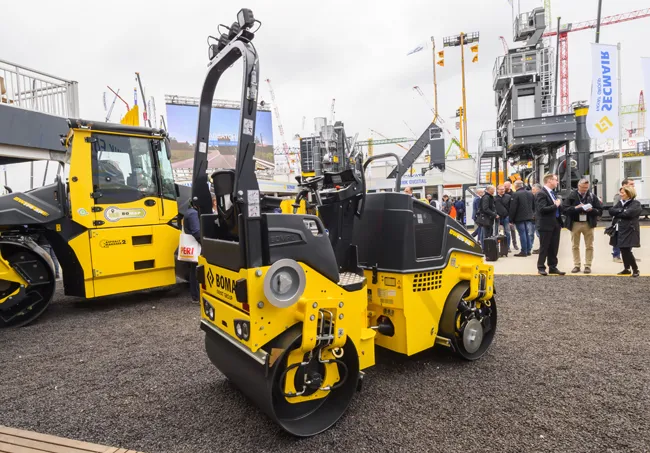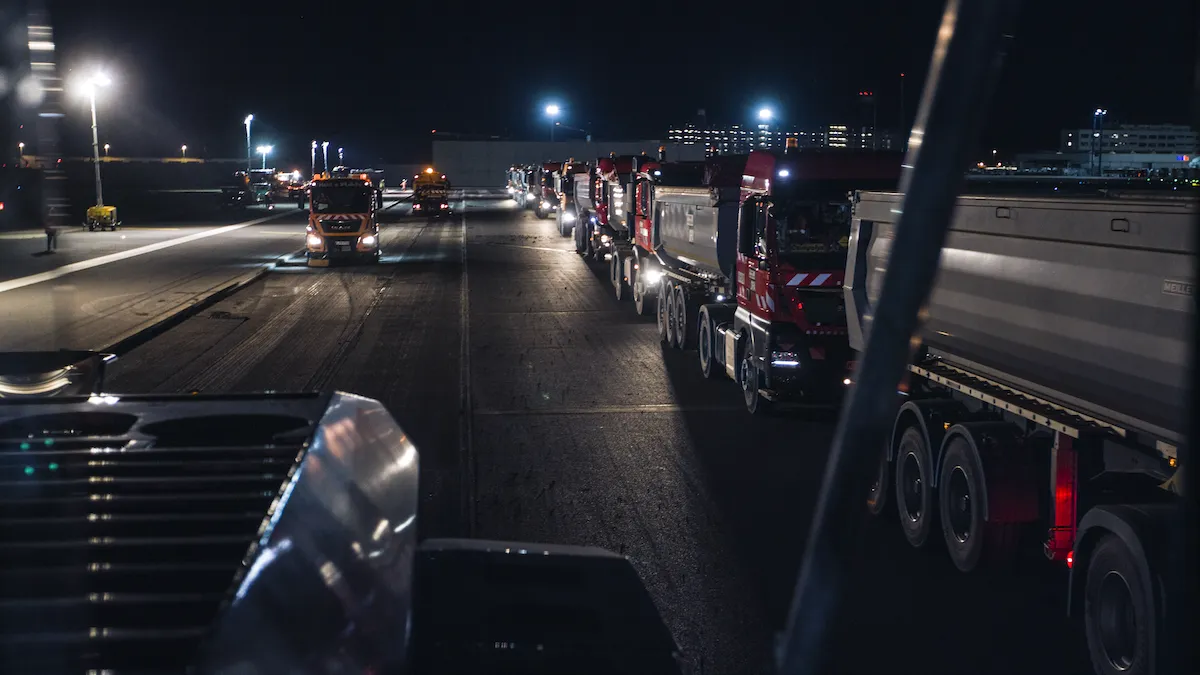Measures to improve vehicle safety are being planned for Europe. A new report on vehicle safety has now been adopted by the European Parliament’s Committee on Internal Market and Consumer Protection (IMCO). The report has been advocated by FIA Region I and sets an ambitious approach to road safety.
The report sets out plans on introducing improvements for both active and passive in-vehicle safety. These proven safety technologies should be introduced as standard for all vehicles, according to the report. The technologies include autonomous emergency braking systems and lane keeping assistance systems.
Although intelligent speed assistance (ISA) technology is also being promoted, drivers will still be able to switch off this system.
Laurianne Krid, director general at FIA Region I commented: “The IMCO Committee has taken an ambitious approach to make sure vehicles of the future contribute to further improving road safety in Europe. These new technologies, provided that users are well aware of their capabilities, should help us to save lives on Europe’s roads.”
Improved vehicle safety fo
Measures to improve vehicle safety are being planned for Europe. A new report on vehicle safety has now been adopted by the European Parliament’s Committee on Internal Market and Consumer Protection (IMCO). The report has been advocated by FIA Region I and sets an ambitious approach to road safety.
The report sets out plans on introducing improvements for both active and passive in-vehicle safety. These proven safety technologies should be introduced as standard for all vehicles, according to the report. T
February 26, 2019
Read time: 2 mins









